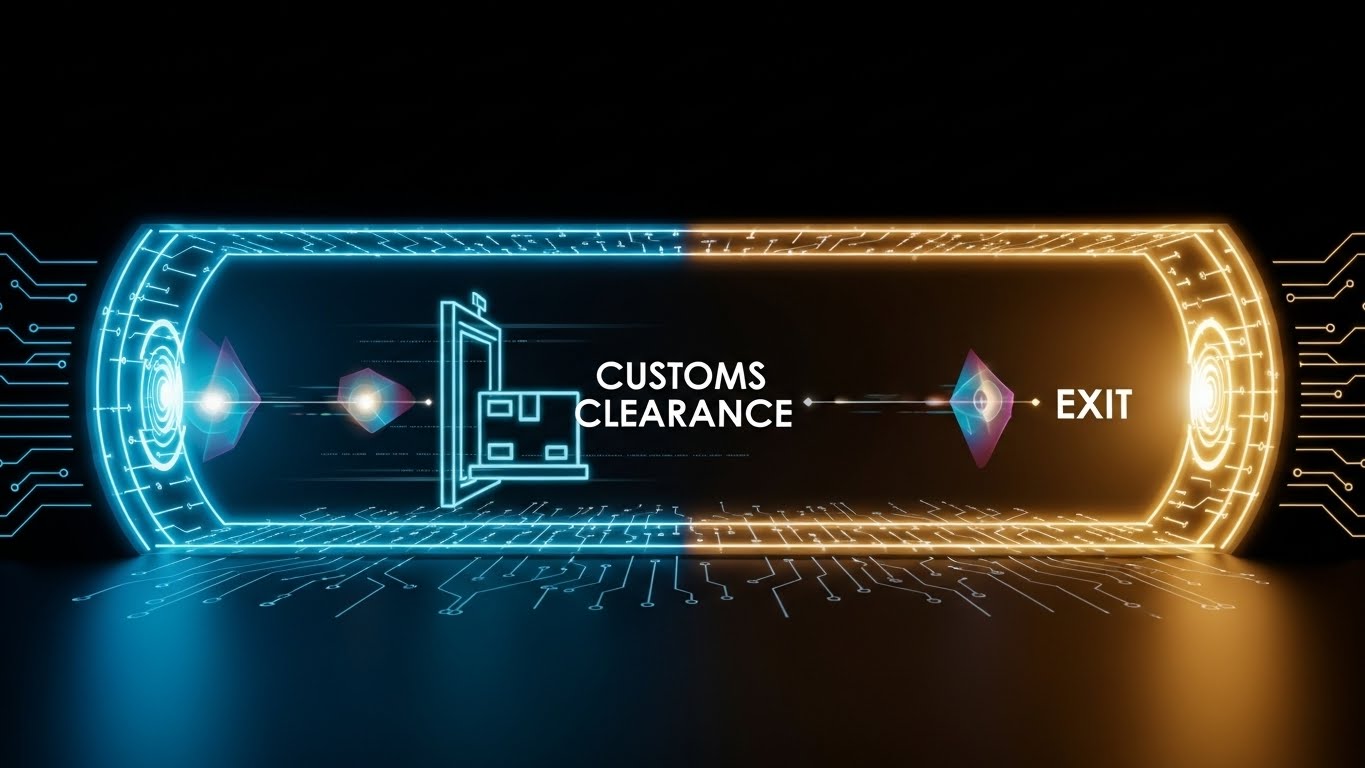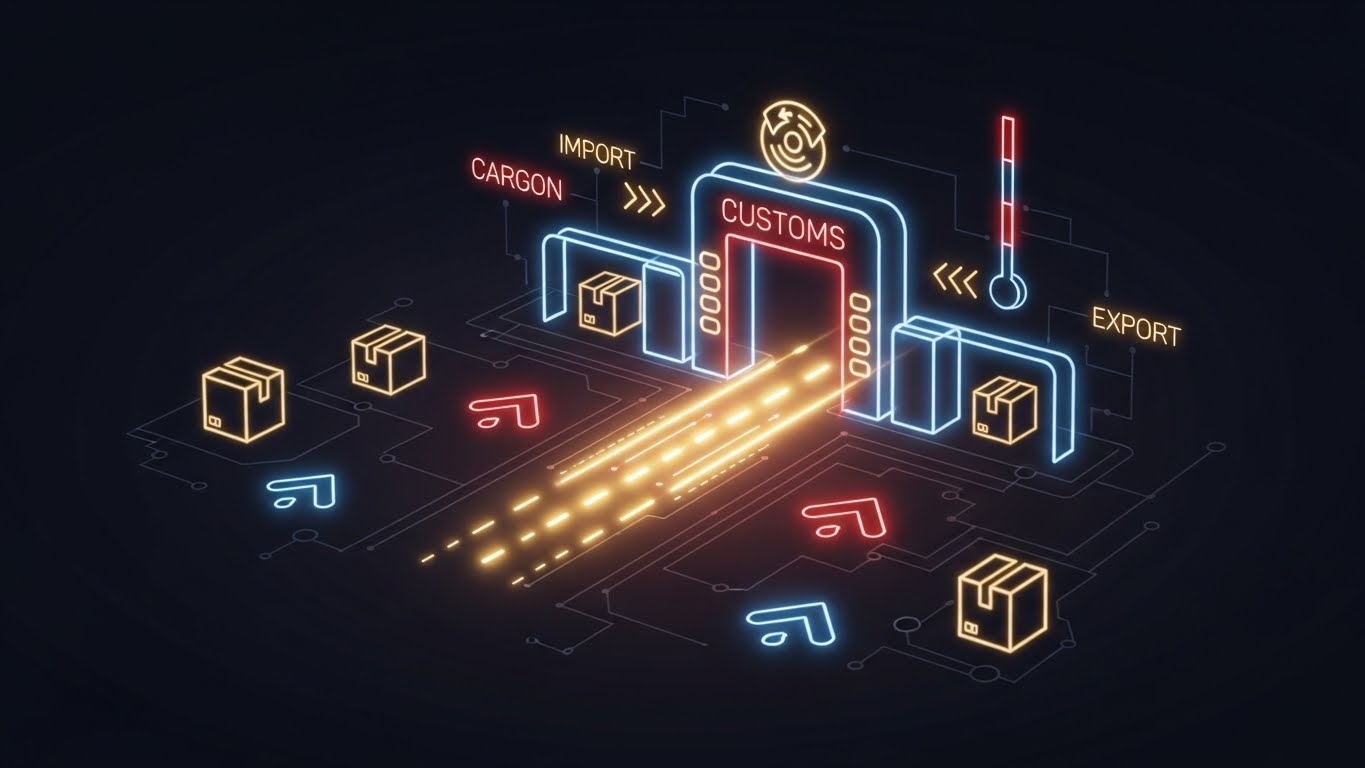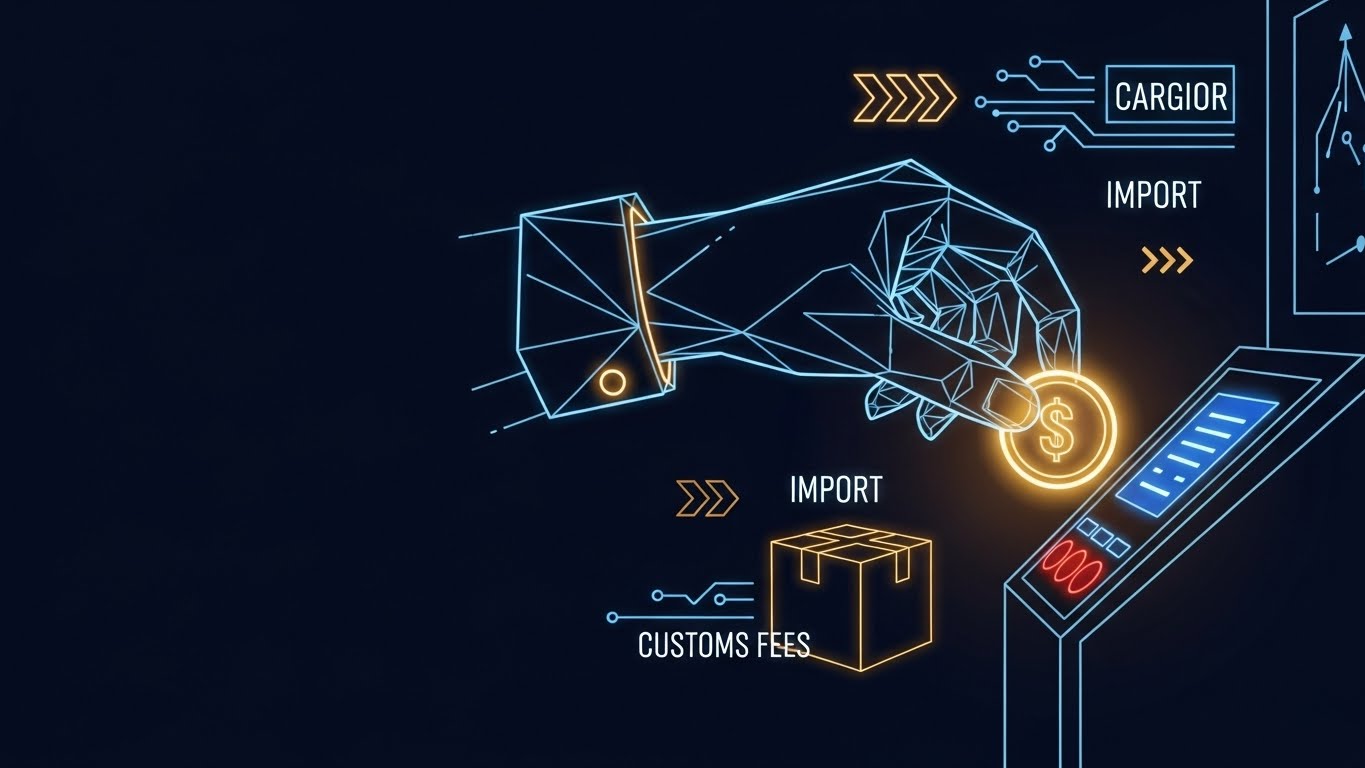
Customs Clearance: Definition and Importance
Customs Clearance

Delays at the border can disrupt even the most efficient supply chains. For shipments of servers, networking gear, and sensitive IT hardware, smooth delivery depends on one critical step: customs clearance supported by a signed POA.
More than a formality, clearance is the legal confirmation that duties are settled, inspections are complete, and your goods are officially approved for entry. Without it, shipments face the risk of penalties, costly delays, or seizure.
When managed correctly, customs clearance is not an obstacle; it is a safeguard. It ensures your technology arrives on schedule, fully compliant, and ready to support your business wherever it’s needed.
What is Customs Clearance and Why Does it Matter?
Customs clearance is the process of making sure imported or exported goods meet a country’s legal requirements. It involves:
Preparing documents like commercial invoices and packing lists.
Declaring goods by type, value, and quantity.
Paying duties, VAT, or other applicable fees.
Undergoing possible inspections,
Getting official approval so goods can enter or leave the country.
Without it, shipments risk being held at the border, fined, or rejected.
Importance of Customs Clearance
Customs clearance keeps global trade legal, secure, and efficient. Here’s why it matters:
Compliance
Prevents penalties by meeting import and export laws.
Taxes
Ensures governments collect duties and VAT.
Efficiency
Reduces border delays, keeping supply chains moving.
Safety
Stops dangerous or illegal goods from entering markets.
Fair Trade
Protects local industries and supports economic stability.
What is The Customs Clearance Process?
While the specifics of import and export customs clearance may vary by country and goods type, the general steps include:
Document Verifiation
Customs checks POA, invoices, packing lists, and licenses. Any mismatch can cause delays.
Compliance Checks
Required certifications (CE, FCC, RoHS, etc.) must match product type and destination. Dual-use tech may need extra licenses
Duties & Taxes
Calculated based on the correct HS-based product classification, declared product value, and the applicable Incoterms rules (such as DDP or DDU).
Payment
IOR settles duties and taxes to avoid hidden costs.
Final Release
Once verified and paid, goods are cleared for delivery.

Who Pays Customs Charges?
Customs charges (duties, VAT, and taxes) must always be paid before goods are released. Who pays depends on the shipping terms:
Importer of Record (IOR): In many cases, the Importer of Record is the legally responsible party that assumes responsibility for paying customs charges to ensure full compliance.
Consignee: If the shipment terms assign responsibility to the consignee, such as under Delivered Duty Paid (DDP) Incoterms arrangements, they are responsible for covering duties and taxes.
Clearing Agent/Broker: They do not pay duties or taxes on their own behalf but act as intermediaries, facilitating payment from the Importer of Record or the consignee.
Need Expert Guidance?
Consider leveraging the expertise of a seasoned customs clearance professional to navigate the complexities of international shipping. Our compliance-focused IOR services and international export compliance services are designed to ensure seamless border clearance and full regulatory compliance, making your global trade operations more efficient and stress-free.
Send us your shipment details and get a complete IOR proposal — tailored to your goods, destination, and timeline.
Fill out the form to receive your quote.
Fill out the form to receive your quote.
Request Form
Frequently Asked Questions
It indicates that customs is holding your shipment for additional checks, missing documents, unpaid duties/taxes, or compliance issues.
No, not every package is checked. However, shipments are often screened, and high-value or sensitive goods, like IT hardware, are more likely to be inspected.
The shipment cannot proceed to delivery. It may be delayed until issues are resolved, returned to the sender, or, in serious cases, seized by authorities.

